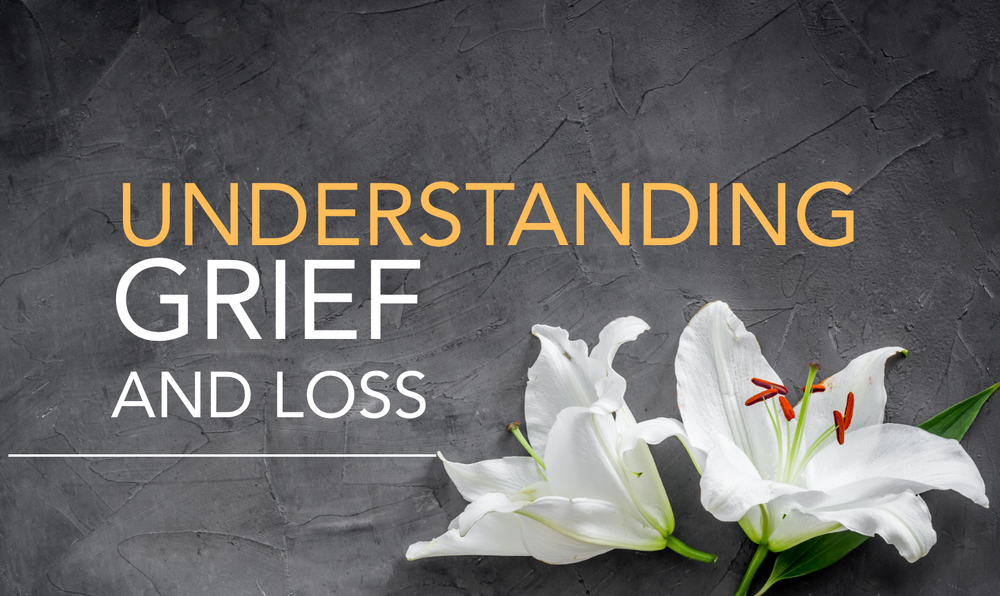This October, we’re taking time to acknowledge the many ways grief can touch our lives—how it looks different for everyone, why it’s important to give ourselves space to feel it, and how support and understanding can help us heal. Grief isn’t a linear process; it’s a personal journey that requires patience, compassion, and community.
This thoughtful piece and these gentle reminders come from our Mental Health Counselor, Missie Osborn, who encourages everyone to take time this month to reflect, seek support when needed, and honor their own healing process.
What is Grief?
Grief is the natural human response to a significant loss. Loss is not just the physical loss of a significant person in your life, but could also be personal. Personal losses may include the loss of a job, marriage/relationship, friendship, home, health, or a significant goal or dream. Grief can look very different for different people.
According to Elisabeth Kübler-Ross, there are five stages of grief: denial, anger, bargaining, depression, and acceptance. It is important to remember that these stages are just a guideline and not meant to be followed step by step. People experience grief in different ways; some may not go through each stage, while others may repeat stages. Some people may work through their grief quickly, while others may take a longer time to process.
There is no right or wrong way to grieve; the timeline is unique and individual. There are things that should be avoided during the grief process. Although it may be difficult in the moment, try to avoid suppressing emotions, isolation, substance use (self-medicating), making major decisions, rushing the grief process, comparing to others’ grief, and neglecting physical health. Engaging in self-care could support the grieving process.
For many people, feeling their emotions in the moment is a difficult skill to acquire. It requires someone to be honest about their feelings, even if they feel guilty or angry. Allow the feelings to be what they are, acknowledge them, so that they can be understood and worked through. Feelings are not right or wrong; they just are. Call on your support system, gather those around you who can give you positive feedback as well as honest truths. Make sure that you are keeping your physical health in check, getting sleep, eating well, and exercising. Most importantly, be patient; there is no timeline for grief. It is important to listen to hear, not to respond or find a solution.
Sometimes people just need to talk about it, making it real, so they can move forward. It's okay to feel overwhelmed after losing someone or something important. Grief may be a natural response to loss, but navigating it can be challenging.
If you are struggling with feelings of grief and need a trusted individual to speak with, please reach out to one of the mental health counselors at our district.

